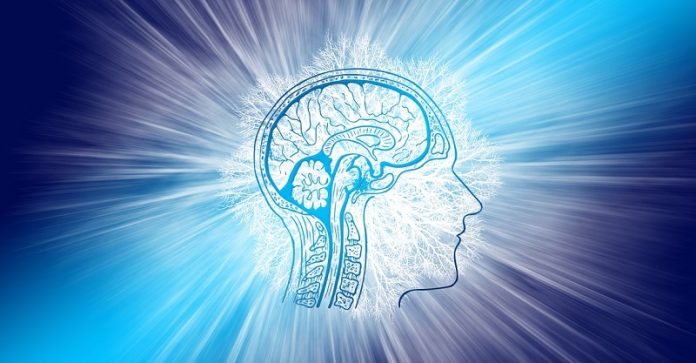
In a new study from the Norwegian University of Science and Technology, researchers found that more than half of stroke patients had cognitive impairment afterward.
In a quarter of these patients, the cognitive problems were so great that they needed help in daily life because they had developed dementia.
Paralysis and difficulty speaking are well-known problems following a stroke. Established treatment options are available for these problems.
But most stroke patients also experience permanent cognitive impairment.
It is easy for relatives and caregivers to downplay these problems when a person struggles to concentrate, find words, orient themselves or solve problems.
The response may be due to misplaced kindness because caregivers don’t actually know that much about cognitive impairment and find it a bit embarrassing when the patient answers incorrectly.
In the current study, the team surveyed the caregivers about whether stroke patients had been forgetful or had had problems such as searching for words or a lack of understanding, orientation, or ability to reason prior to the stroke, and examined the data from brain MRIs.
815 participants took the study that lasted for three years.
Cognitive impairment was already known to often affect stroke patients.
The new study has revealed a new understanding of its severity, how many people get it, how long it lasts, and its causes.
As the researcher says, when patients have a stroke, they already have changes in the brain that make them quite vulnerable.
Many people who suffer a stroke have somewhat high blood pressure and some risk factors. They may have small vessels in the brain that are clogged, and then the stroke comes on top of that.
The brain has a large reserve capacity, which means that patients manage to counteract factors that can lead to cognitive impairment until the stroke occurs.
The findings suggest that health professionals need to have some knowledge of the topic.
They have to figure out which patients need help and support in everyday life due to cognitive impairment after a stroke.
If you care about stroke, please read studies about what are ideal blood sugar levels for preventing repeat strokes, heart attacks, and drinking coffee this way can help prevent stroke.
For more information about brain health, please see recent studies about 5 critical steps to help prevent a stroke, and results showing 7 facts women should know to prevent and recognize stroke.
The study was conducted by Ingvild Saltvedt et al., and published in Frontiers in Neurology.



